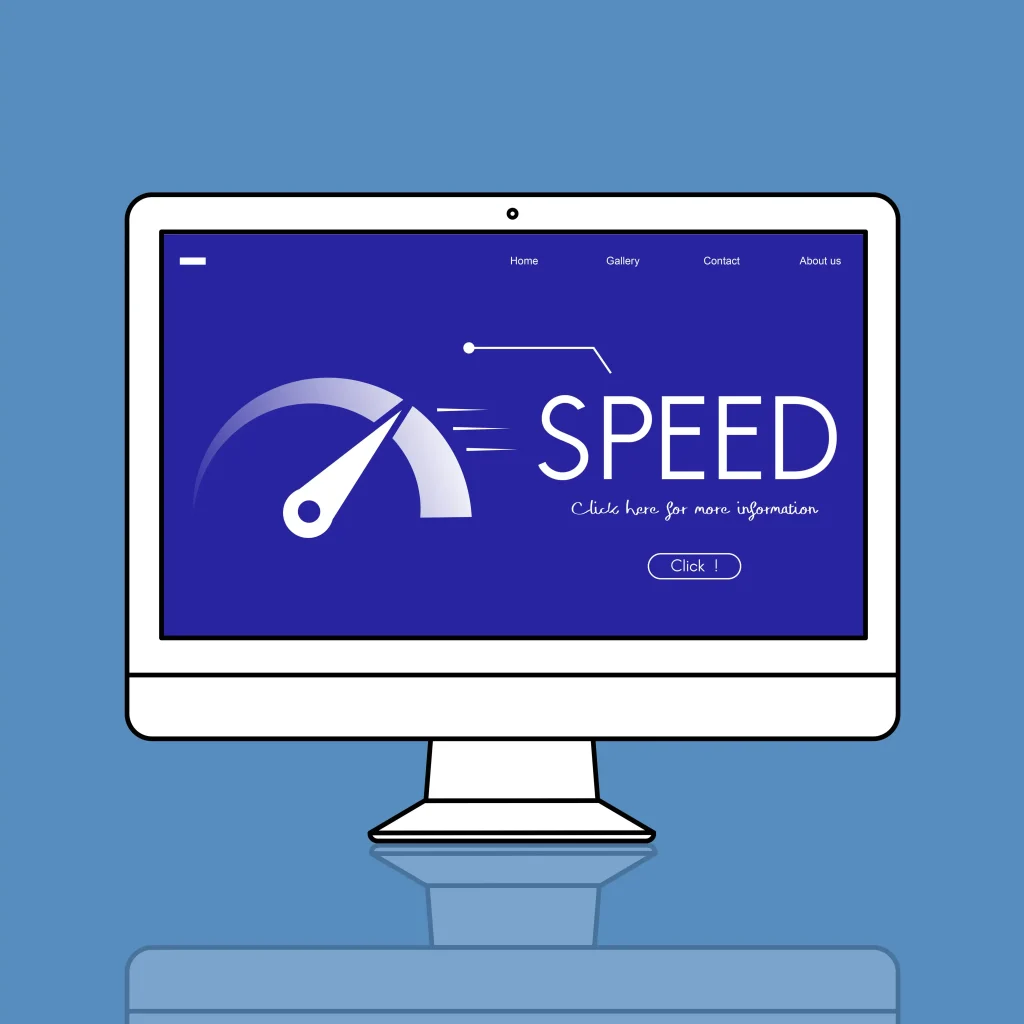Google: making the web faster
In 2009, Google wanted a faster web. They asked website owners to speed up their sites.
In 2010, the company said fast-loading websites will rank higher in desktop search results.
In 2015, Google reported more searches on mobile devices than desktops. This trend grew, with 61% of Google searches coming from mobile devices in 2019.
Mobile search got popular, leading to the creation of the Accelerated Mobile Pages (AMP) project. AMP urges website owners to create simplified versions of their pages that meet certain performance standards.

Compare mobile themes for responsiveness and AMP.
Site owners complain about considering page speed and AMP as ranking factors. But speed is still crucial. In 2017, Google confirmed their commitment to improving web speed. They found the likelihood of a user abandoning a mobile site increases by 123% as page load time increases from 1 to 10 seconds.
In July 2018, mobile search rankings started considering page speed. Now, Google includes more speed-related details like Core Web Vitals.
Page speed matters. Attention spans are shrinking and more people use mobile devices.
Speed up your site.
Think like a race car driver.
To win the page speed race, make your site lightweight, powerful, and well-managed, just like a car race.
This simplifies optimizing page loading speed.

**Embrace Minimalism for Enhanced Website Performance**
In the ever-evolving digital landscape, websites have undergone a remarkable transformation, becoming not only aesthetically pleasing but also highly functional. However, this pursuit of beauty and functionality has often led to an undesirable consequence: increased website size. Many websites are now burdened with an excessive number of unnecessary features, causing them to become sluggish and cumbersome. In the fiercely competitive realm of the Internet, such websites are destined to fall behind.
To emerge victorious in the race for speed, it is essential to adopt a “race car” mindset. Just as a race car is meticulously designed to shed every ounce of unnecessary weight, your website should be stripped of all non-essential elements. Complex animations, oversized images, and superfluous plugins only serve to hinder performance. By eliminating these hindrances, your website can achieve a level of agility that will leave its competitors in the dust.
To embark on this path of lightweight optimization, consider the following strategies:
– **Simplify Third-Party Script Integration:** Scrutinize the third-party scripts incorporated into your website and eliminate any that are redundant or non-essential. These scripts can introduce unnecessary bloat and slow down page load times.
– **Adopt a Streamlined Theme:** Opt for a minimalist theme that employs a limited number of fonts. An excessive font library can add significant weight to your website’s payload.
– **Implement AMP (Accelerated Mobile Pages):** Embrace AMP, a revolutionary technology specifically designed to enhance the performance of mobile web pages. By adopting AMP, you can ensure that your website delivers lightning-fast load times on mobile devices, providing an exceptional user experience.
– **Compress Images Wisely:** Optimize images by employing compression techniques without compromising visual quality. High-resolution images can significantly increase page weight, hindering performance.
– **Minify and Compress Code:** Minimize and compress your website’s code to reduce its overall size. This seemingly minor optimization can yield significant improvements in load times.
– **Regularly Optimize Your Database:** Regularly maintain and optimize your website’s database to remove any unnecessary data or bloat. A cluttered database can slow down queries and impact performance.
For WordPress users, there are several optimization plugins available, such as WP Rocket and Imagify, which can effortlessly streamline your website and further enhance its performance.
Power it up
Cheap shared hosting may seem like a good deal, but it’s not the best choice for your site. Investing in quality hosting is essential for its success.
Shared hosting can be insufficient for serious work due to limited resources. Consider upgrading to a higher-quality hosting service like WP Engine or Flywheel.
If managed hosting doesn’t work for you, try a VPS plan for more power and control over your hosting.
Improve your driving.
A fast race car needs a skilled driver. The same goes for web pages. Every part of your site is a turn for the browser.
When a web page loads, the browser colors the data. Optimizing this speeds up loading. Caching compiles code in advance, reducing latency.
Different types of caching can be achieved through plugins and CDNs. These services not only cache data, but also host it on servers around the world, which reduces loading times.
**Elevate Core Web Vitals for Enhanced Page Load Performance**
Optimizing Core Web Vitals dramatically enhances the page load performance of your website, ensuring a seamless and lightning-fast user experience.
In essence, optimizing page speed is paramount for achieving high search rankings and outperforming competitors. Transform your site into a race car, leaving behind the sluggishness of a golf cart!



